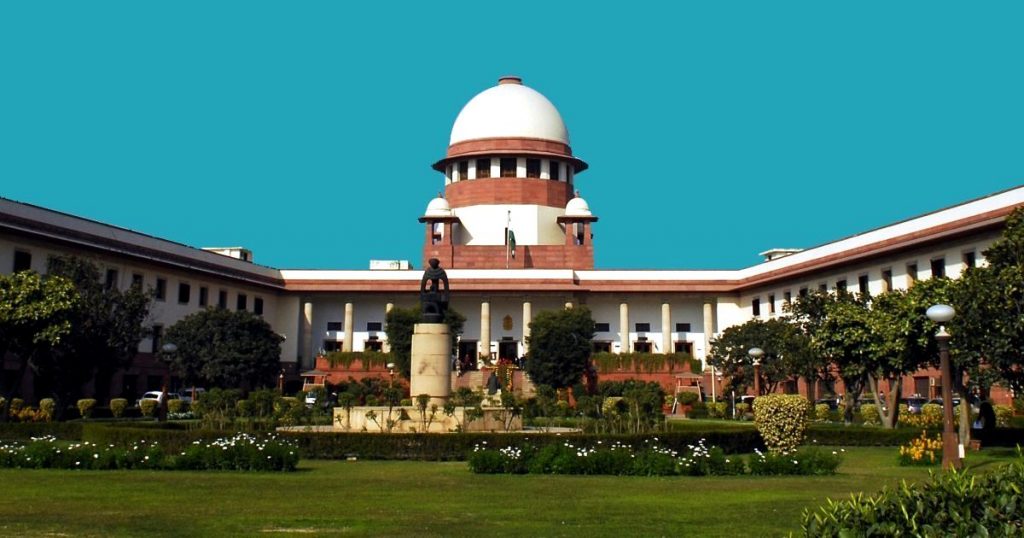New Delhi: The Supreme Court on Thursday decided to constitute a fresh five-judge Constitution bench to hear the politically sensitive Ram Janmabhoomi-Babri Masjid land title dispute on January 29 after a judge, Justice U U Lalit, recused himself.
Justice Lalit, who was part of a five-judge Constitution Bench headed by Chief Justice Ranjan Gogoi, opted out of the hearing when the counsel for a Muslim party said he had appeared for former Uttar Pradesh chief minister Kalyan Singh as a lawyer in 1994.
Senior advocate Rajeev Dhavan, who spoke up soon after the court assembled, said he was not seeking Justice Lalit’s recusal.
The bench, also comprising Justices S A Bobde, N V Ramana and D Y Chandrachud, noted the submissions made by Dhavan.
Dhavan also drew the attention of the bench to the fact that the matter was earlier fixed for hearing before a three-judge bench but the CJI took a decision to list it before a five-judge Constitution Bench.
He further submitted that there was need for a judicial order to set up a five-judge Constitution bench.
The CJI, however, quoted Supreme Court rules mandating that any bench should comprise two judges and there was nothing wrong in constituting a five-judge Constitution bench.
In view of the the facts and circumstances of the matter and the voluminous records pertaining to it, this was a fit case for constituting a five-judge bench, he said.
In its order, the bench said the apex court registry will physically examine the records stored in 50 sealed trunks in the room, which has also been kept sealed.
The top court said the records pertaining to the matter are voluminous and some of the documents are in Sanskrit, Arabic, Urdu, Hindi, Persian and Gurmukhi that need to be translated.
If required, the apex court registry can take the service of official translators, the bench said.
The apex court said in its order that 113 issues are likely to be perused during the hearing.
It also noted that 88 witnesses were examined and their statements recorded when the matter was before the Allahabad High Court.
It said the deposition of the witnesses runs into 2,886 pages and 257 documents were exhibited.
The apex court noted that the high court judgement itself is 4,304 pages; along with additional annexures it runs into 8,000 pages.
On September 27 last year, a three-judge bench of the top court by 2:1 majority refused to refer to a five-judge Constitution bench reconsideration of the observations in its 1994 judgement that a mosque was not integral to Islam. The matter arose during the hearing of the Ayodhya land dispute.
When the matter was last taken up on January 4, there was no indication that the case would be referred to a Constitution bench as the apex court had simply said further orders in the matter would be passed on January 10 by “the appropriate bench, as may be constituted”.
Fourteen appeals have been filed in the apex court against the 2010 Allahabad High Court judgement, delivered in four civil suits, that the 2.77-acre land be partitioned equally among the three parties — the Sunni Waqf Board, the Nirmohi Akhara and Ram Lalla.
The apex court on October 29 last year fixed the matter in the first week of January before the “appropriate bench”.
Later, an application was moved for according an urgent hearing by advancing the date, but the top court refused the plea, saying it had already passed an order on October 29 relating to the hearing of the matter.
The plea for early hearing was moved by the Akhil Bharat Hindu Mahasabha (ABHM), a respondent in the appeal filed by the legal heirs of M Siddiq, one of the original litigants in the case.
Various Hindutva organisations have been demanding an ordinance on early construction of Ram temple at the disputed site.
